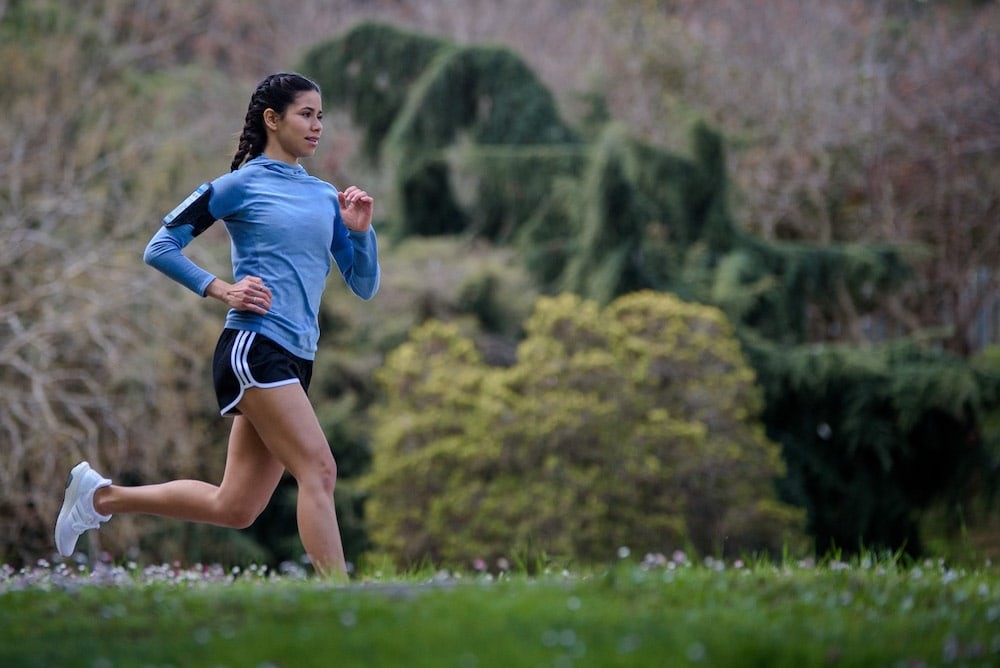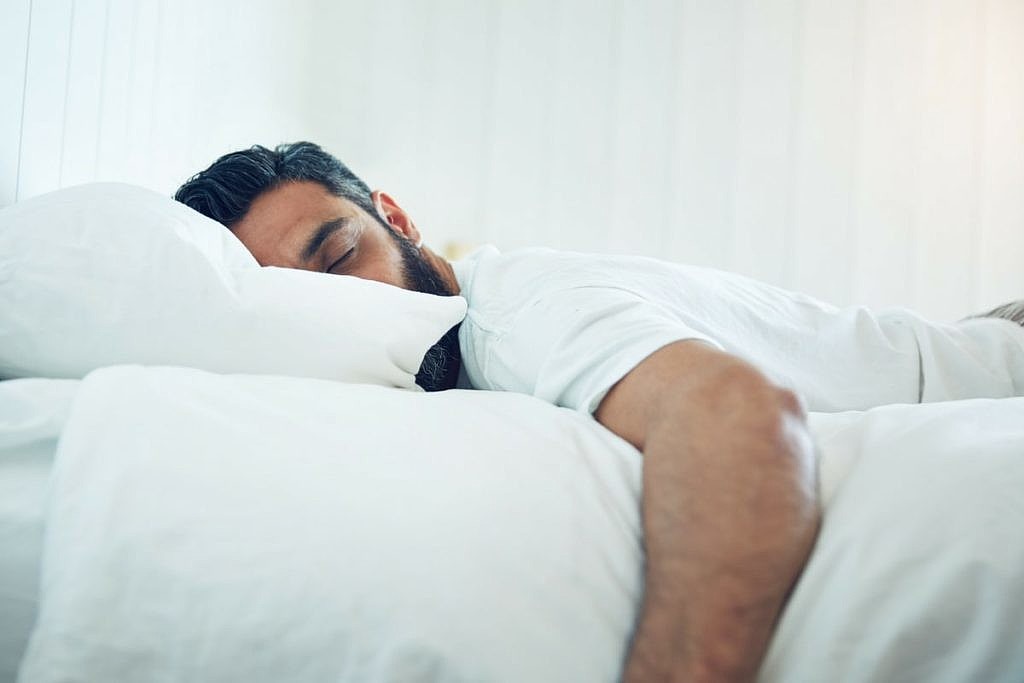Running News Daily
Running News Daily is edited by Bob Anderson. Send your news items to bob@mybestruns.com Advertising opportunities available. Train the Kenyan Way at KATA Kenya and Portugal owned and operated by Bob Anderson. Be sure to catch our movie A Long Run the movie KATA Running Camps and KATA Potato Farms - 31 now open in Kenya! https://kata.ke/
Index to Daily Posts · Sign Up For Updates · Run The World Feed
Running can help you sleep better
A study published in the Journal of Clinical Sleep Medicine has found that regular exercise can improve the quality of your sleep and help you sleep through the night.
The only thing is that it takes about 4 months for your body to get used to the increased activity level. So don’t get discouraged if your new training routine doesn’t improve the quality of your sleep right away. It may well be that you need longer to fall asleep if you do an intense workout right before going to bed. Why? Physical exercise stimulates the autonomic nervous system and until it settles down, you can’t sleep. So your body needs time to adjust to the new training stimuli.
BETTER SLEEP, BETTER PERFORMANCE

During the day, we want to do a good job at work and still see the best results from our running workouts. If you don’t sleep well at night, you have less energy during the day and thus less desire to exercise. Therefore, a good night’s sleep is essential for your training routine!
This has recently been confirmed by a study on student athletes conducted by the renowned Stanford University: Students who got more sleep (in this case, 10 full hours!), performed better than those who placed less emphasis on their sleep.
Incidentally, it doesn’t always have to be 10 hours of sleep a night. 7 to 9 hours is the optimal amount.

YOUR MUSCLES GROW WHILE YOU SLEEP
What you require after a long run or an intense bodyweight training session is recovery: Your muscles need to rest now – and this is just as important for your desired training effect as the actual workout itself.
Incidentally, the male hormone testosterone plays a major role in building muscles: The harder you work out and push your muscles, the more testosterone your body releases. Testosterone is needed to help your muscles recover after your workout – without it, your damaged muscles cannot build new tissue and you won’t get stronger.
This is where sleep comes in again: The longer and better you sleep, the more time your body has for recovery and growth. So you see, your muscles do grow in your sleep.
10,000 STEPS FOR A RESTFUL SLEEP
The clock keeps ticking. Your thoughts keep racing. You lie in bed for hours and you simply can’t sleep… It’s really frustrating! There are days when enough sleep is more necessary than others. For example, when you are supposed to run a (half-)marathon the next day or you have an important meeting at work.
When you are stressed, your body releases the stress hormone cortisol, which interferes with your sleep. This means that on the next day, besides feeling even more tired, you will have a huge appetite thanks to a lack of leptin, the appetite-suppressing hormone.
Low levels of leptin result in increased hunger, which of course leads to us consuming the 300 calories we mentioned at the beginning of the article.
This also lowers the quality of your sleep – particularly because the fat cells that collect in your neck lead to annoying snoring. And you certainly don’t want to disturb your loved one’s sleep, do you? The fact is that sleep and weight are connected.
That’s why you need to get plenty of exercise – you should shoot for 10,000 steps a day. Exercising outdoors can help you cope with stress and makes you pleasantly tired in the evening so you sleep better.
WHAT TO DO IF YOU CAN’T FALL ASLEEP?
If you regularly have trouble sleeping, you need to do something about it.
Besides getting in plenty of steps and exercise, you can try to improve your sleep by establishing a bedtime ritual, eating a light dinner, and limiting or eliminating your alcohol intake.
4 TIPS FOR FALLING ASLEEP
Dim the lights for a while before going to bed. This makes your body think the sun is setting, which makes you sleepy faster.
Make your bedroom as dark as possible. Light interrupts your body’s production of melatonin, which disrupts your metabolic processes.
Develop a ritual like brushing your teeth, showering or reading before lying down to sleep. Your body will get used to it and will know that it’s time to sleep now.
Sleep in a cool room. The temperature in your bedroom should be between 16°C (60.8°F) and 18°C (64.4°F).
So as you can see, sleep is incredibly important for a healthy and fit lifestyle. Take care of yourself and we wish you a good night’s sleep!
by Tina Sturm-Ornezeder
Login to leave a comment




